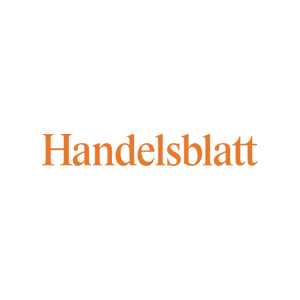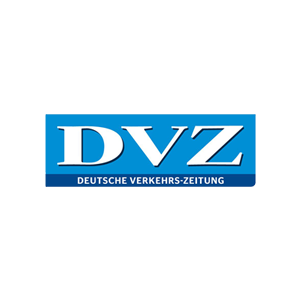How empty runs are created – asymmetrical flows of goods
Empty runs are a natural consequence of flowing goods distributed asymmetrically due to changing and unevenly demands.  As a rule, goods are delivered to storage or logistics hubs at which there is no possibility of providing the truck with a return freight. In other words: The recipient of the outward freight rarely becomes the sender of the return freight. The truck therefore usually must travel empty for a certain distance to reload freight. This means that empty runs can never be completely avoided, but modern dispatchers can use digital methods to keep the number of empty kilometres as low as possible.
As a rule, goods are delivered to storage or logistics hubs at which there is no possibility of providing the truck with a return freight. In other words: The recipient of the outward freight rarely becomes the sender of the return freight. The truck therefore usually must travel empty for a certain distance to reload freight. This means that empty runs can never be completely avoided, but modern dispatchers can use digital methods to keep the number of empty kilometres as low as possible.
Those who can use network effects minimise empty trips
For certain products and services, their benefits depend on the number of consumers. A simple example is messenger services like Whatsapp. The more people who use these services and can thus be reached via the same network, the greater the product benefit. Large logistics service providers such as DHL Freight, Emons and Dachser rely on such network effects. The larger a transport company is, the more trucks, freight carriers and shippers are involved in the transport network, the better the chances are of avoiding empty runs or at least greatly shortening runs without freight.
In order to better understand this, it is helpful to bear in mind the principle of logistical sources and destinations. Logistical sources are places or regions where more transports start than end; sinks are places where more transports end than start. If only a few sources and sinks are connected to each other (because they are too far apart, for example), there is simply a lack of opportunities to compensate for the imbalance between sources and sinks. This results in empty runs with many empty kilometres.
If, on the other hand, sources and sinks are close together, there are correspondingly more loading and unloading possibilities. The proportion of empty runs can, therefore, be effectively reduced by this network effect. Larger companies not only have more trucks on the roads, but they also have more customers and thus automatically more sources and sinks that can be used to avoid empty runs.
These considerations make it clear why the high number of small transport companies in Germany (mostly with less than 10 vehicles) leads to many empty trips. Especially for small and medium-sized transport companies the connection to freight platforms like Saloodo! is especially worthwhile. Through the network of shippers and service providers, they can enjoy network effects that would otherwise only be available to the big players in the industry. With the help of the digital freight platform Saloodo!, even small and medium-sized transport companies can efficiently minimize the number of empty trips.
Better data, fewer empty runs
Digitalization probably offers the greatest opportunity in present to minimize empty runs. Those who control logistics data not only create a better network between transport companies and shippers but also receive an effective instrument with which all important logistics steps can be controlled in detail. Digital Tracking & Tracing, for example, enables real-time information to be collected on arrival times, loading capacities, delays and the like. Even capacities that become available at short notice can be offered online and booked at short notice.









